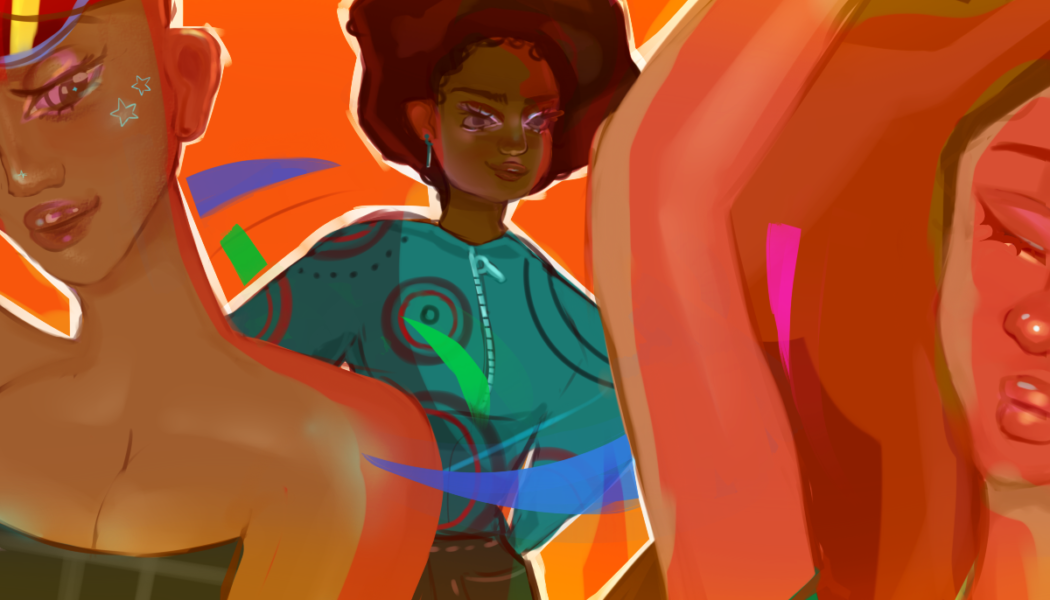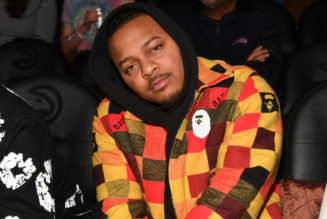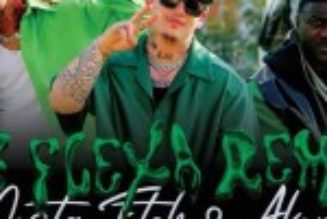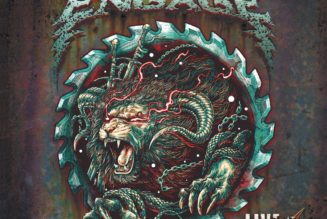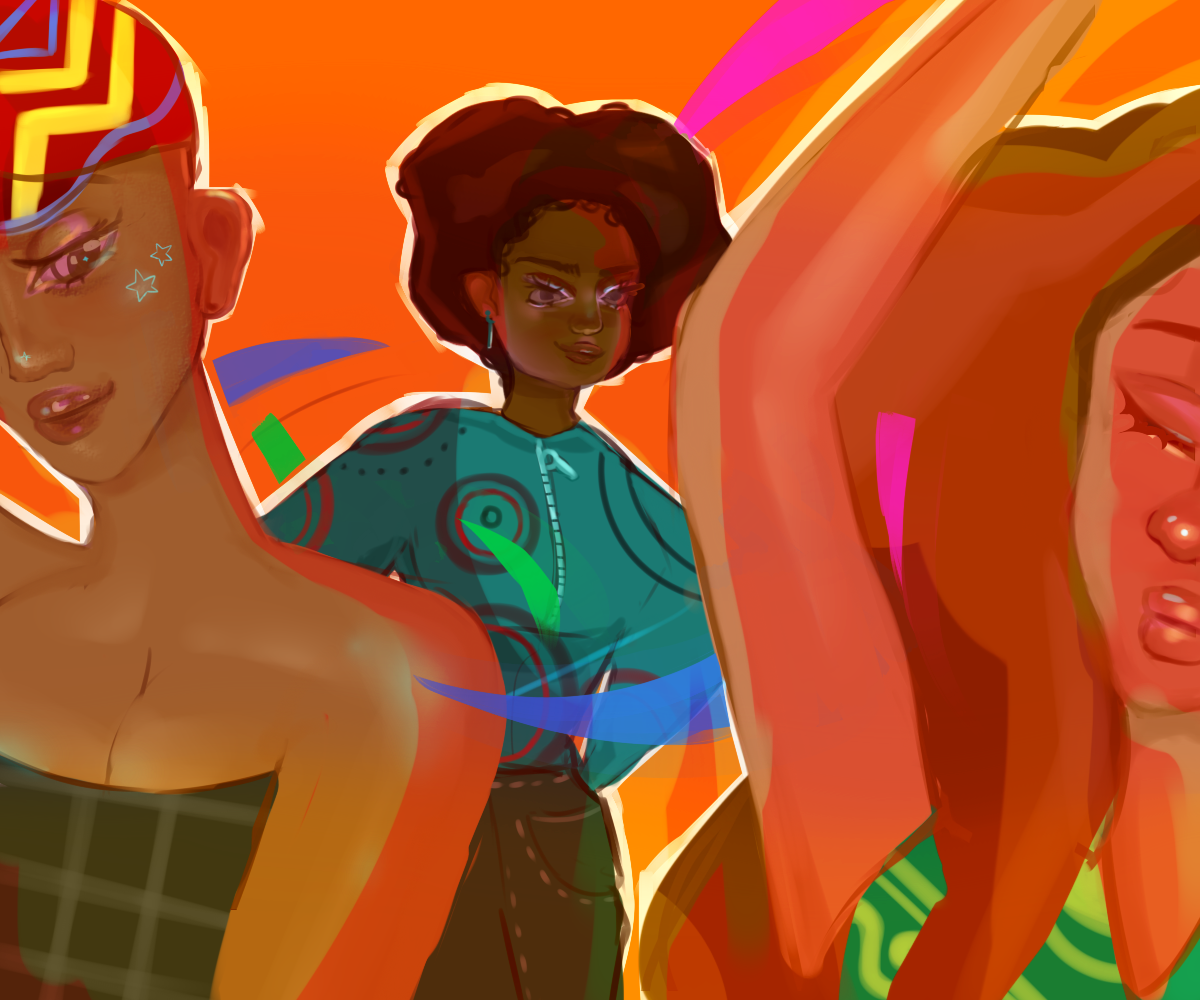
In an afternoon of retail therapy, I walked through the aisles of H&M, sifting through the garments and satisfying my shopping fantasies. While stuck in a trance, a familiar yet oddly foreign melody began to rise from the speakers and sift through my ears — “Baby calm down, calm down” — a melody I immediately recognized as Rema’s “Calm Down.” And no, it was not the remix with Selena Gomez, simply Divine Ikubor with his lyrical flair. As I heeded the song’s eclectic feel and moved to its beat, a well of emotions sprung within me, in awe of how much Afrobeats has grown but worried about how fast it did.
In retrospect, this was not the first time I heardthe genre in a space I did not initially anticipate. Airport bathrooms, Target aisles and cinema lobbies have also played the rhythmic blues, upbeat feels and melodic tunes that I know and love.
Afrobeats, the heartbeat of my homeland Ghana, had followed me to my new home here in the States — carrying its blend of African percussion, elements of dance and electronic music, highlife, hiplife, hip-hop and R&B.
I vividly remember the first time I actively listened to Afrobeats. I was 9 at the time and had briefly gotten my hands on my mother’s bulky 2012-edition Dell laptop. Ghanaian radio stations were saturated with the newly-rising genre, and one hit in particular, D’Banj’s “Oliver Twist,” had taken center stage. Laying on my parents’ fabric-laced mattress and plagued by my inability to actually listen to lyrics without Shazam at my fingertips, I remember frantically typing the few lyrics I could remember: “Oliva, Oliva, Oliva twist.”
Now, in hindsight, there was no reason for this pre-adolescent boy to play a song of such nature. The song’s vulgarity is enough to shock my mother to her core. Though at the time I barely understood what the lyrics meant, as they were written mostly in Pidgin parlance, that truly did not matter to me. The song’s intoxicating synth beat, mesmeric hook and echoing background was enough to lift me onto my feet and scatter the (albeit imaginary) dance floor.
After recently hearing the rendition of “Oliver Twist” by the seventh season of Nigerian Idol — a truly stellar cast — I was taken back to hearing the song for the first time in my parents’ bedroom. Such is the beauty of this genre; with every listen, you are transported back to the first time you heard and fell in love with it.
Since then, the more I listen to Afrobeats, the more I fall in love with the genre and fill with pride. African artists were initially features of other mainstream artists — a prime example being Drake’s “One Dance” featuring Wizkid — yet now there has been a very pervasive switch. The world’s biggest stars are now attracted to the genre, seeking to add their own flair to the burgeoning African sound: Kali Uchis on Amaarae’s “Sad Girlz Luv Money,” Camila Cabello’s (questionable) remix of Oxlade’s “Ku Lo Sa,” Ed Sheeran’s feature of Fireboy DML’s “Peru” and Drake then having his own feature on Wizkid’s “Come Closer” — the list goes on.
And lest we forget Justin Bieber’s controversial feature on Wizkid and Tems’s “Essence.” Whether one argues it was the feature that had the single soaring on the charts, or that the two artists aptly did that on their own, the song placed the genre on the billboards and playlists of many worldwide.
Yet, the more I fall in love with Afrobeats, the more I worry about the global exposure it receives.
Each time I listen to a song from the genre, take, for instance, my encounter at H&M, I am left conflicted. For me, as with many other early Afrobeats listeners, something unique to the genre is lost once these mainstream artists join an Afrobeats single. It’s the same feeling as seeing an artist’s rise to fame from their underground status. Suddenly, they have to accommodate the wants and needs of such a large audience by slightly tainting their sound and feel. So, although Afrobeats sustains its dynamism by adapting to the times, the collaboration, remixing or covering of an Afrobeats tune — particularly by a large, mainstream (Western) artist — diminishes its exclusivity and flavor as a once niche and cherished genre.
TikTok users have also commented that Afrobeats have begun adopting a more mellow sound to appeal to a larger audience, losing the “afro” prefix in the process. They argue that the genre’s initial pioneering sound that made you move and dance (think “Shake Body” by Skales and “Johnny” by Yemi Alade) has been dropped for a more palatable sound. It’s a sentiment I fully agree with and see more of every day.
Now, don’t get me wrong, the recognition and appraisal that Afrobeats are receiving are fully deserved. Artists have worked tremendously to build a unique sound, and they should be applauded for their efforts. Personally, I love that Africa and the African diaspora across the world have found a love language within the scintillating rhythms of Afrobeats — a language that we can all connect to and resonate with. I also agree that as Africans, we should be able to take up space and let our music and culture infiltrate even further. Afrobeats to the world, as it rightfully should be.
Nevertheless, speaking as a long-time listener, it feels that this Afrobeats baby that you saw grow, who you grew alongside, now seems to outgrow you. What was once the little gem that only we knew, that only we heard, has now become a commodity shared with the whole world. It’s no longer just “for us, by us,” or at least, that’s how it seems.
So forgive me if I feel a bit possessive over the genre. It was Tems’s “Higher” that carried me from a dark place, it was P-Square and Starboy Wiz that illuminated my childhood parties, it was Fuse ODG’s “Azonto” that reinvigorated my pride in my Ghanaian identity. The urge to gatekeep stems from my deep-seated and truly intimate relationship with the genre. It has been with me through my highest of highs and lowest of lows.
But, heartbreaking as it is, as with all things one loves, perhaps it is time to let this baby go and let it grow. Perhaps it’s time for Afrobeats to take the spotlight, as R&B did in the ’90s and hip-hop and rap did in the early aughts. Perhaps it’s time to explore other genres too, to find my niche in Tanzanian Bongo Flava, Nigerian alté or South African Kwaito and Gqom — all genres just waiting to be seen and heard.
But to Afrobeats, my first love, I’m so proud of how far you’ve come and how far you’ll go. I can’t wait to see what you do next!
My only wish is that you remember me when you do.
MiC Columnist Ayeyi Asamoah-Manu can be reached at ayeyiyp@umich.edu.
